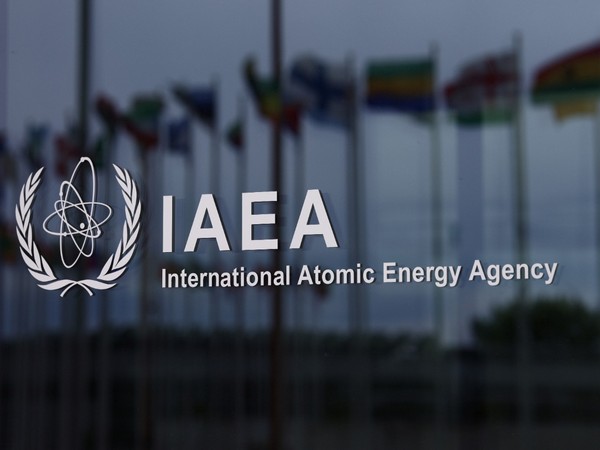Today, over 300 participants from 80+ countries gathered at the International Atomic Energy Agency (IAEA) headquarters in Vienna to attend the International Conference on Research Reactors. This event, recognized as the largest global platform dedicated to research reactors, serves as a crucial forum for discussing achievements, sharing experiences, and exploring strategies for sustaining and advancing the field for future generations.
Advancing Research Reactors for Sustainable Development and Societal Benefits
Research reactors, distinct from nuclear power reactors due to their lower power output (typically under 100 MW thermal), have played a pivotal role since their introduction in the mid-20th century. While they do not produce electricity, these reactors generate neutrons for numerous applications—ranging from medical imaging and cancer treatment to testing materials used in nuclear technology. With 227 research reactors currently in operation across 54 countries, these facilities contribute significantly to meeting global goals, including SDG 3 (Good Health and Well-Being) and SDG 9 (Industry, Innovation, and Infrastructure).
IAEA Director General Rafael Mariano Grossi emphasized the reactors' role as "conveyor belts of knowledge and capacity building," supporting national educational and workforce development goals.
A Global Platform for Collaboration and Knowledge Sharing
The conference, which will span several days, features plenary sessions, panel discussions, and poster presentations organized around seven core themes: utilization and applications, operation and maintenance, new reactor programs, safety, security, fuel management, and general management. Side events will complement the conference, including a joint session with Women in Nuclear Global, addressing the unique challenges and opportunities women face in this field.
Khaled Toukan, Chair of the Jordan Atomic Energy Commission and Conference Chair, highlighted the importance of international collaboration to maintain and improve research reactor programs, ensuring their value for scientific progress and community benefit worldwide.
Addressing Key Challenges: Sustainability, Modernization, and Workforce Development
With approximately 50% of research reactors operating for over 50 years, and 30% exceeding 60 years, sustainable operation has become a critical focus. Ensuring these reactors’ continued serviceability requires robust life management and modernization efforts. By investing in these updates, research reactors can safely operate for decades to come, providing essential services and supporting scientific advancements.
Research reactors are also fundamental in training the future nuclear workforce. As the industry anticipates the retirement of one-third of its current professionals by 2033, the IAEA projects that around 4 million professionals will be needed to sustain global nuclear power operations by 2050. Research reactors thus serve as vital training grounds, offering hands-on education to the next generation of scientists, engineers, and reactor operators.
IAEA Support and Resources for Member States
The IAEA provides comprehensive support to Member States, facilitating the safe and effective operation of research reactors. This support includes safety standards, technical guidance documents, peer review services, and specialized programs like the Integrated Nuclear Infrastructure for Research Reactors (INIR-RR), Operation and Maintenance Assessment (OMARR), and Safety Assessment for Long Term Operation (SALTO-RR). Additionally, through its Technical Cooperation programme, the IAEA offers direct support, training courses, and workshops to address specific challenges faced by Member States.
To enhance access to nuclear infrastructure and research opportunities, the IAEA partners with research centers worldwide, including International Centres based on Research Reactors, Collaborating Centres, and the Internet Reactor Laboratory project.
Shaping the Future of Nuclear Science
The conference marks a critical opportunity for nations to collaborate on the long-term sustainability of research reactors, fostering scientific advancement and workforce development worldwide. As research reactors continue to evolve, these facilities will remain indispensable for innovations in medical treatment, scientific research, and industry, ensuring benefits for both present and future generations.
The conference proceedings, including the plenary discussions, are being livestreamed for broader accessibility.











